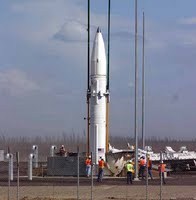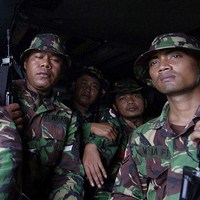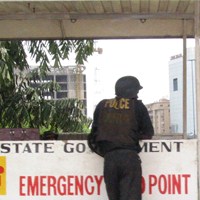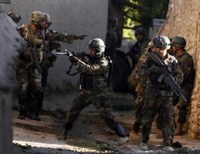
Hamas, the Palestinian terrorist organization that rules the Gaza Strip, has significant interests in the stability of neighboring Egypt’s Sinai Peninsula. Like Egypt and Israel, Hamas has a stake in countering the rise of Salafi-jihadi groups in Sinai, some of which originally hail from Gaza. These groups are currently attacking Egyptian forces in Sinai, and they have on occasion attacked Israel from across the Egyptian border; but they also serve as an existential threat to Hamas’ control over the Palestinian enclave. As such, and somewhat awkwardly, Hamas shares interests with Egypt, which is currently cracking down on Hamas’ Egyptian counterpart, […]














